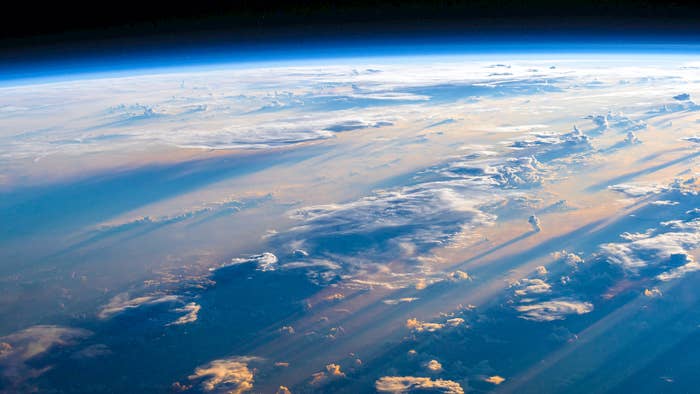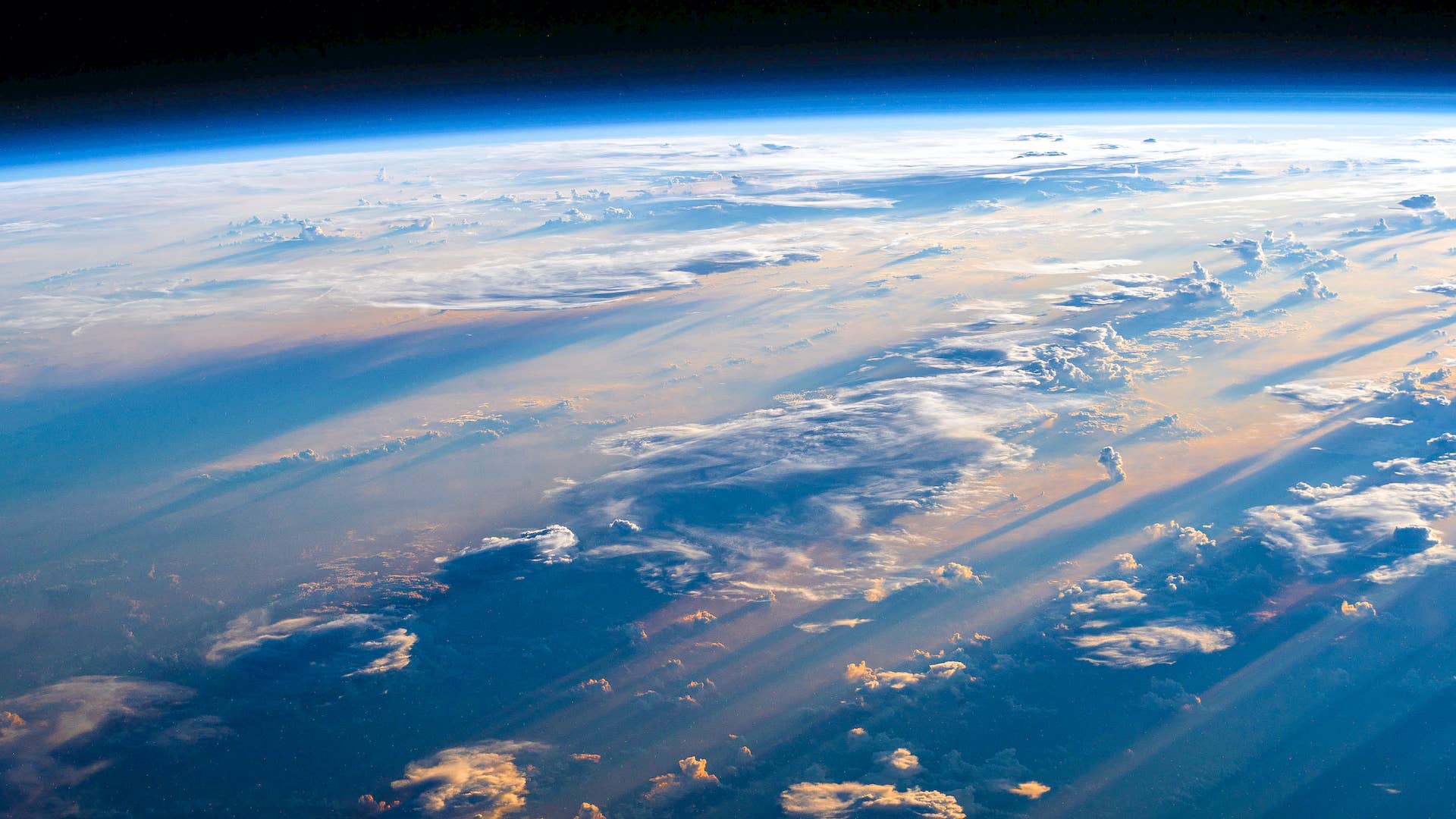
A portion of a rocket from China that’s traveling 18,000 miles per hour may possibly fall back to earth this weekend, with nobody knowing exactly where it will land.
The debris is a 100-foot-long piece from a Chinese Long March 5B, according to the U.S. Space Command, which the Associated Press reports brought the main module of China’s first permanent space station into orbit. And now, even the Pentagon is tracking the rocket’s eventual whereabouts, a Defense Department spokesman said Wednesday.
“U.S. Space Command is aware of and tracking the location of the Chinese Long March 5B in space, but its exact entry point into the Earth’s atmosphere cannot be pinpointed until within hours of its reentry, which is expected around May 8,” Space Command said in a statement.
Astrophysicist Jonathan McDowell told CNN that the chances of the rocket hitting anyone are very slim, sharing that there are “bigger things” to worry about.
“I don’t think people should take precautions,” he said. “The risk that there will be some damage or that it would hit someone is pretty small — not negligible, it could happen — but the risk that it will hit you is incredibly tiny. And so I would not lose one second of sleep over this on a personal threat basis,” he said.
McDowell also pointed out that the debris will likely land in the Pacific as Earth’s surface is mainly covered in water.
“If you want to bet on where on Earth something’s going to land, you bet on the Pacific, because the Pacific is most of the Earth. It’s that simple,” McDowell explained.
Defense Secretary Lloyd Austin is reportedly aware of the rocket’s potential arrival on U.S. soil— and anywhere, really— and is receiving updates, The Hill reports.

